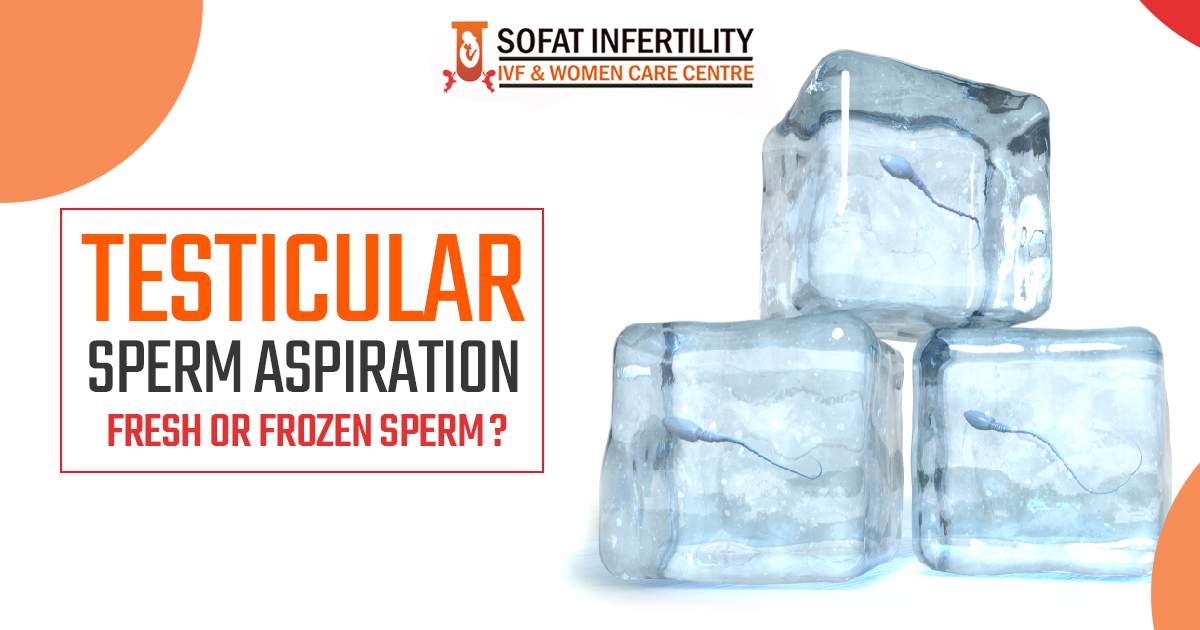Male infertility has registered an alarming rise in recent years. Most of the male fertility problems arise from low sperm count or complete absence of sperm in the ejaculate. The reason may usually lie with the condition known as Azoospermia. Around 1 % of males suffer from it. About 15 % of men seeking evaluation of their infertility show the presence of the condition. According to the IVF centre in India, the condition is treatable. The good news is that the males with such a condition can become biological fathers.
Types of Azoospermia
There are two types of Azoospermia:
Obstructive
Non-Obstructive
For tackling this condition, many surgical methods are available. TESA is one of them. It stands for Testicular sperm aspiration. TESA can be used along with IVF to improve the fertilization rate of the procedure. It could be used with ICSI (intracytoplasmic sperm injection). The ICSI technique is performed by injecting the sperm directly into the egg. The female partner has to undergo the procedure of IVF alongside.
Fresh and frozen sperm
TESA can be done on the day of the egg retrieval. The fresh sample can be used to fertilize the eggs extracted from the female partner. The problem with this process could be scheduling conflicts. The sample might be ready but not the operating room. This can lead to the wastage of the fresh sample. For avoiding such a condition, one can opt for cryopreservation of the sperm.
Cryopreserved sperm can be used in the future and the couple can have the assurance of not having to take the services of a sperm donor. The whole process of cryopreservation makes way for convenience to the urologist but adds a few steps to the cycle. It will now involve freezing and thawing. These additional steps might lower the success rate of the process, as is claimed by certain researchers. The debate is on about the effect of cryopreservation of sperms on the fertility rate.
The research included four types of data:
- Men with azoospermia (nonobstructive)
- Fresh and frozen testicular sperm
- Successful pregnancy (signified by the presence of fetal heartbeat)
- Fertilization achieved per oocyte injection
With Cryopreserved sperm, the embryologist will have the things under his control. He will be able to ensure the availability of sperm for ICSI before the egg retrieval takes place. It will add to the convenience factor of the urologist. On the other hand, some researchers argue that fresh sperm is better than cryopreserved sperm as the process of cryopreservation is destructive. They also suggest that the clinical outcome of such processes is comparatively inferior. It is best to consult your fertility specialist about the efficacy of the methods.







